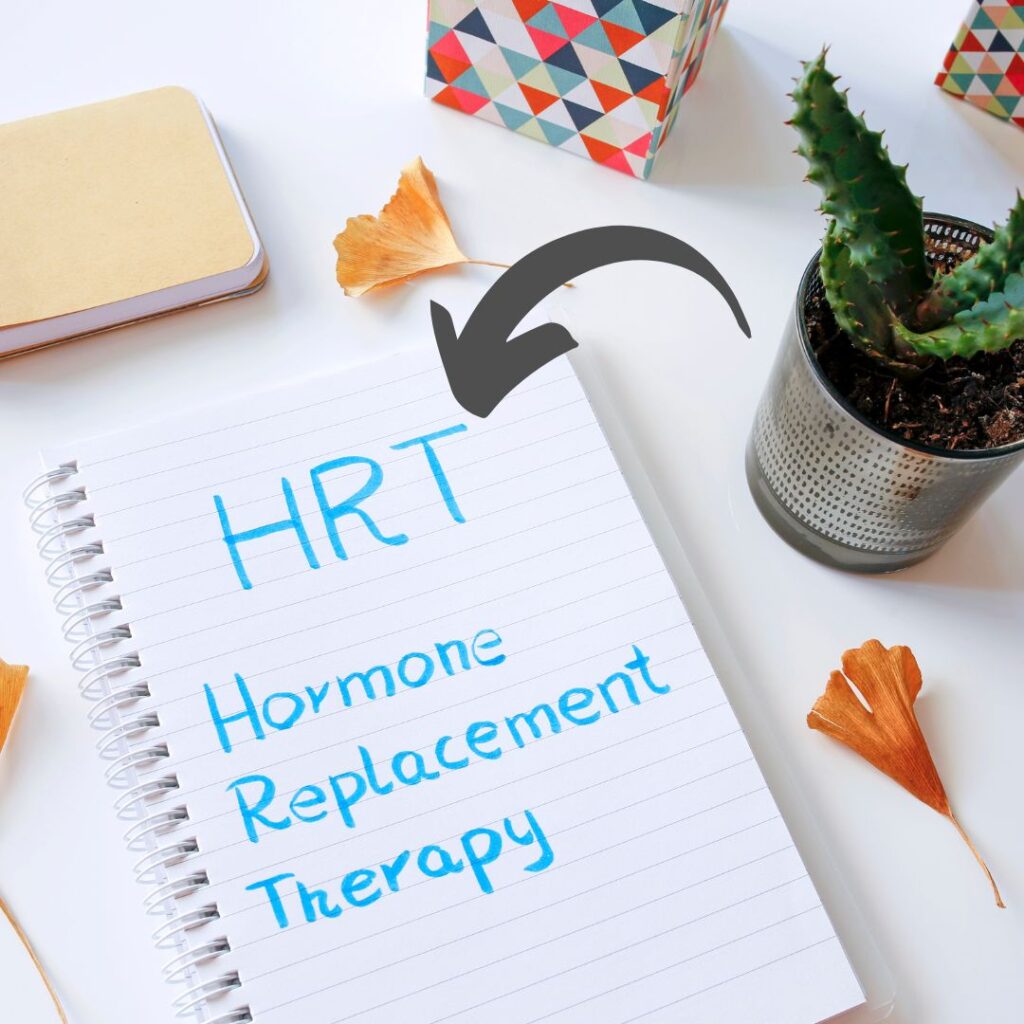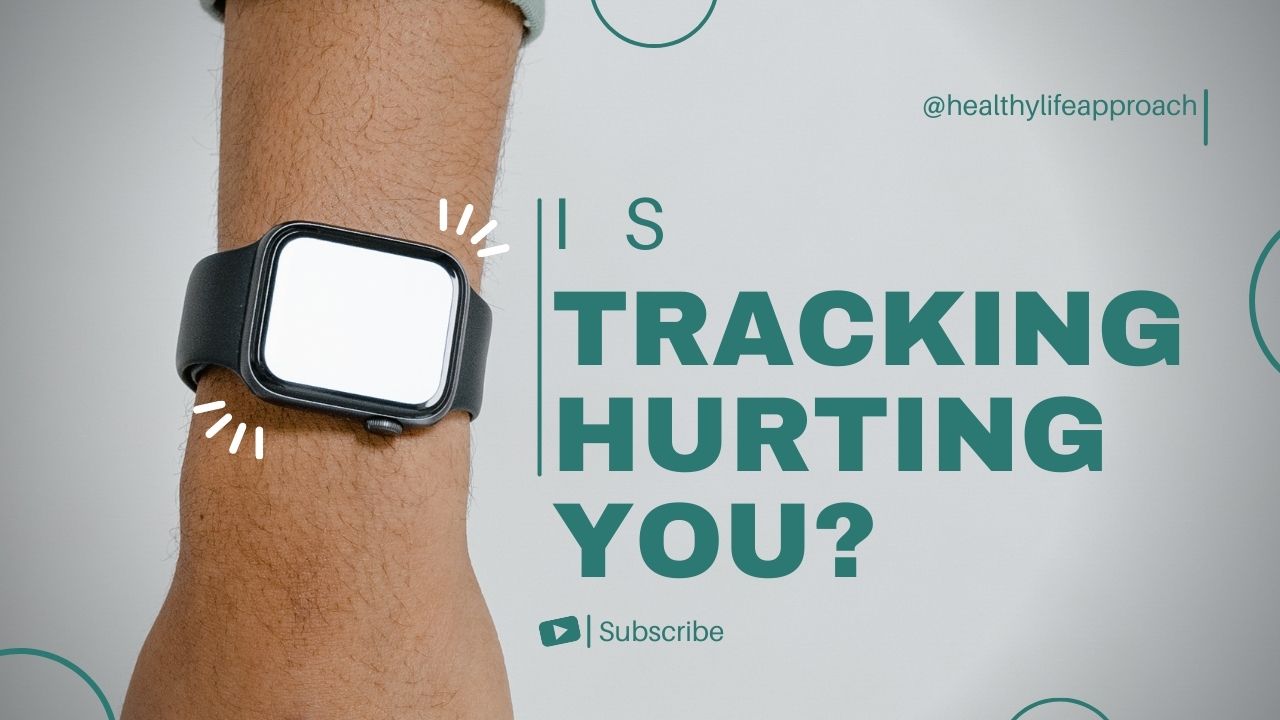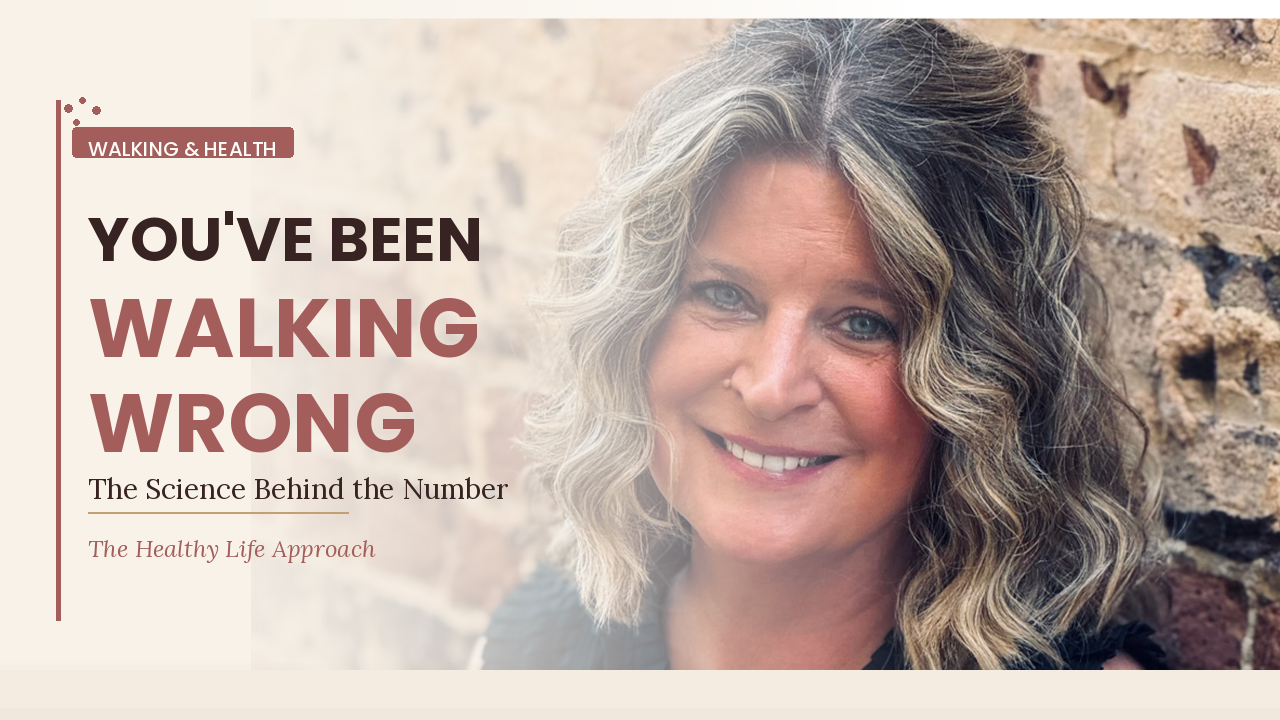
By: Kristen J. Beasley
For decades, hormone replacement therapy (HRT) was considered a promising solution for menopause-related issues. It was celebrated as a way to prevent osteoporosis, help with heart health concerns, and even minimize dementia risks. However, in 2002, the Women’s Health Initiative (WHI) results triggered widespread fear. Overnight, hormone replacement therapy went from doctor-recommended to seemingly dangerous. Many women were left confused, worried, and hesitant to explore hormone therapy at all.
My Personal Hormone Replacement Therapy Story
When I had my hysterectomy, I wasn’t given the option of HRT as doctors were still hesitant to prescribe it. As the hot flashes began, I called my physician. He responded that once my ovary ‘woke up and realized it was alone in producing hormones, it would catch up.’ Eventually, the hot flashes subsided. However, no one was knowledgeable then about the other symptoms that crept into my life. Due to hip/joint pain, I changed my career because of the travel I had to do with the position. I ended up with a painful frozen shoulder twice, not knowing it could have been due to declining estrogen. For many years, I was unaware that my declining estrogen was causing muscoskeletal symptoms.
I also struggled with insulin resistance. For three years, I wore a continuous glucose monitor (CGM), trying to pinpoint what foods were spiking my blood sugar. When I finally started an estradiol patch, I noticed my blood glucose levels began to level. As estrogen lowers, insulin resistance increases, so many women who never had blood glucose issues find in menopause they do.
The Link Between Menopause and Diabetes
Interestingly, there is clinical evidence to support why I struggled with insulin resistance. In the article, Menopausal Hormone Replacement Therapy and Reduction of All-Cause Mortality and Cardiovascular Disease: It’s About Time and Timing, the authors say the following: “Hormonal changes during the transition to menopause contribute to insulin resistance, decreased glucose tolerance, and increased incidence of diabetes mellitus. Further, HRT improves insulin resistance, increases glucose tolerance, and reduces new-onset diabetes mellitus by 20%–30%.” This research helped me understand my own experience, and it’s something worth discussing with your doctor if you’re seeing similar patterns.
So much of what happened to me with delaying hormones for almost 12 years post-hysterectomy was due to fear-based headlines. Here, I’ll break down the events that led women (and even doctors) to distrust HRT. We will take a closer look at research, both old and new. Lastly, I will dispel some of the misconceptions surrounding its use today. Hopefully, you’ll have an understanding of HRT and how it could still be a game-changer for women navigating menopause. Please understand I’m not saying HRT is right for every woman. I want to help you understand the history so you can make an informed decision with your licensed healthcare practitioner. Dr. Mary Claire did a great video on How to Approach Your Doctor about HRT that I’d highly recommend you watch to learn questions to ask and how to self-advocate.
Hormone Replacement Therapy Was Originally Celebrated for Prevention Reasons
First, it’s essential to understand why HRT initially gained so much attention. During the 1980s and 1990s, observational studies and meta-analyses suggested hormone therapy had a variety of health benefits for postmenopausal women. These studies hinted that HRT could do the following:
- Prevent osteoporosis (bone density loss common after menopause)
- Reduce risks of cardiovascular disease
- Lower dementia risk
- Decrease all-cause mortality
By 1992, the American College of Physicians advocated for hormone replacement therapy’s widespread use, thanks to these benefits. Women were told HRT was a wise choice to maintain health, especially as they transitioned out of their reproductive years.
Enter the Women’s Health Initiative.
The Women’s Health Initiative (WHI): What Went Wrong
The WHI was a large-scale randomized controlled trial (RCT)—the gold standard of scientific research. It aimed to evaluate the impact of hormone replacement therapy on significant health outcomes like heart disease and cancer. The trial began in the late 1990s and involved two key groups:
- Women with intact uteruses: These participants received combined estrogen and progestin therapy (Prempro).
- Women without uteruses (due to hysterectomy): This group received estrogen-only therapy (Premarin). Some practitioners also prescribe progesterone to women without a uterus for its other potential benefits—this is something to discuss with your provider. Women with a uterus are typically prescribed progesterone alongside estrogen to protect the uterine lining – your doctor can explain why this matters for you. Progesterone offers many benefits, including support for brain health. For more information, read my blog post: Unlocking Progesterone’s Hidden Power: How This Hormone Protects Your Brain.
Problems with Design of the WHI Study
What made the WHI significant was its scope. It involved over 27,000 women and promised answers based on rigorous data. However, there were significant flaws in the way the study was designed:
- The participants weren’t a representative sample: The average age of the women was 63, over a decade past menopause. Only 17% of participants were within five years of menopause.
- Symptomatic women were excluded: Women experiencing severe menopausal symptoms (the group most likely to benefit from hormone replacement therapy) weren’t included in the study.
- The study focused on primary prevention: It wasn’t designed to study HRT’s effectiveness in relieving menopausal symptoms. Instead, it was designed to measure long-term outcomes like coronary heart disease.
The results led to panic.
Early Stopping and the Fear That Followed
After 5.3 years, the WHI stopped its estrogen-progestin hormone replacement therapy arm early due to findings that appeared to show increased risks of:
- Breast cancer
- Blood clots
- Stroke
Media headlines ran with these findings, warning women that hormone replacement therapy was dangerous and could lead to serious health complications. This wave of fear caused prescriptions for HRT to plummet, leaving many women to deal with menopause symptoms without relief.
According to the article, Shock, Terror, and Controversy: How the Media Reacted to the Women’s Health Initiative, the WHI results were announced through a press release and conference. From this article, “The announcement explained that the combined hormone trial had been terminated early because of ‘increased breast cancer risk. The dramatic nature of the announcement set the tone for the early news reporting from the study and introduced a note of confusion into the media’s perception of hormone replacement therapy (HRT). Such a tone persisted until July 2007, when the trial revised its findings on cardiovascular risk.”
Diving Deeper Into Post-WHI Research
Fast-forward a few years, and post-hoc (after-the-fact) analyses of the WHI data began to tell a very different story. Researchers realized that the findings couldn’t be applied broadly to all women.
The Timing Hypothesis
One of the most important developments after WHI was the timing hypothesis. This theory suggests that the effects of hormone replacement therapy depend on when it’s started. Here’s what the data shows:
- Women in their 50s or within 10 years of menopause: Research suggests HRT may have benefits, including reduced risks of heart disease and reduced all-cause mortality.
- Women in their 70s or beyond: HRT may have risks such as increased inflammation and potentially harmful cardiovascular effects.
The timing hypothesis means prescribing hormone replacement therapy within a “10-year window” after menopause is crucial for reaping its positive effects while minimizing risks.
However, a recent article in The Lancet Diabetes and Endocrinology (Is it time to revisit the recommendations for initiation of menopausal hormone therapy?) challenges this hypothesis. The authors state the following: Based on review of the evidence that led to the conditional initiation of MHT (menopause hormone therapy), and subsequent studies, we propose that the recommendations regarding the initiation of MHT need to change to be more inclusive of women outside these chronological limits.
Long-Term Data from WHI
Follow-up studies on WHI participants have provided additional reassurance:
- A 2017 follow-up revealed no difference in all-cause mortality between women on hormone replacement therapy and those taking a placebo after 18 years.
- For younger women (ages 50-59), data showed a 30% reduction in mortality with HRT during the intervention phase.
The KEEPS and ELITE Trials
Further studies, including the KEEPS and ELITE trials, added evidence supporting hormone replacement therapy’s safety and effectiveness in younger, recently menopausal women:
- KEEPS trial showed oral equine estrogens (o-CEE) to trend with reduced coronary artery calcium. Several ancillary studies also showed effects on mood, reduced hot flashes, sleep, and maintenance of bone mineral density on o-CEE.
- The ELITE trial confirmed the HRT timing hypothesis. In the AHA (American Heart Association)/ASA Journal abstract: “The results from ELITE support the cumulative literature that suggests that when HT is initiated at the time of menopause or early (within 6 years) after menopause that there is a significant reduction in CVD relative to no effect when initiated late (>10 years) after the menopause.”
Dr. Heather Hirsch, a menopause expert, explains that these findings confirm the importance of timing when considering HRT. According to Dr. Heather Hirsch, starting treatment earlier may be protective, whereas delaying it may pose risks.
The Path Forward for Women Considering HRT
Despite the WHI’s ripple effect of fear, hormone replacement therapy is recognized as a safe option for many women—especially those in early menopause. Experts like Dr. Mary Claire Haver and Dr. Lisa Mosconi continue to advocate for nuanced discussions between women and their healthcare providers.
Questions to Consider When Talking to Your Doctor:
- Start the conversation early: Talk to your doctor about hormone replacement therapy in your 40s or as you approach menopause.
- Explore different forms: Transdermal options (patches, gels) and other options can have varying effects. These intricacies of the options and dosing are unique for each individual. Also, some doctors favor running labs, while others do not. I’ve listened to both sides of this debate, and each makes good points. I feel a baseline of hormones is helpful, and the efficacy of the option you and your doctor choose for HRT (as transdermal, gels, lotions, etc., absorb differently). The thing to remember is not to ‘chase’ a specific number or range. We are bioindividuals, so what works for one person might not be helpful to you. Symptom relief is what most doctors want to help you achieve with HRT.
- Consider your unique needs and personal risk tolerance: Age, medical history, and symptom severity should guide decision-making with your licensed healthcare practitioner.
By reevaluating HRT with the latest data in mind, we can help women make informed, empowered choices about their health.
A Final Thought
Hormone replacement therapy isn’t the villain. With advancements in research and a better understanding of individual differences, the conversation around HRT is shifting toward evidence-based care. The medicine used in the WHI study was the prevalent medication 25+ years ago and today, there are many more options that are bioidentical to what our body produces.
Further Reading and Listening Recommendations
For further reading, I would recommend the following books: The New Menopause, The Menopause Brain, Unlock Your Menopause Type, and Estrogen Matters. Dr. Peter Attia did a great podcast interview (The Drive): #42 – Avrum Bluming, M.D. and Carol Tavris, Ph.D.: Controversial topic affecting all women—the role of hormone replacement therapy through menopause and beyond—the compelling case for long-term HRT and dispelling the myth that it causes breast cancer.
If you’ve been hesitant to consider HRT due to past fears, remember this: you have options. Speak to a qualified healthcare professional who can guide you through the process, and know that the right treatment plan can make a difference in your health and quality of life. Hormone replacement therapy may or may not be right for you, but you deserve to have that conversation with a qualified healthcare practitioner.
Disclaimer: I am not a licensed medical professional, and the information I’ve shared on this website is for general informational purposes only. The content on this website is not intended to substitute for professional medical advice, diagnosis, or treatment. Always seek the advice of your physician or other qualified health provider with any questions you may have regarding a medical condition.
This blog post may contain affiliate links. If you click on these links and make a purchase, I may receive a commission at no additional cost. As an Amazon Associate, I earn from qualifying purchases.





